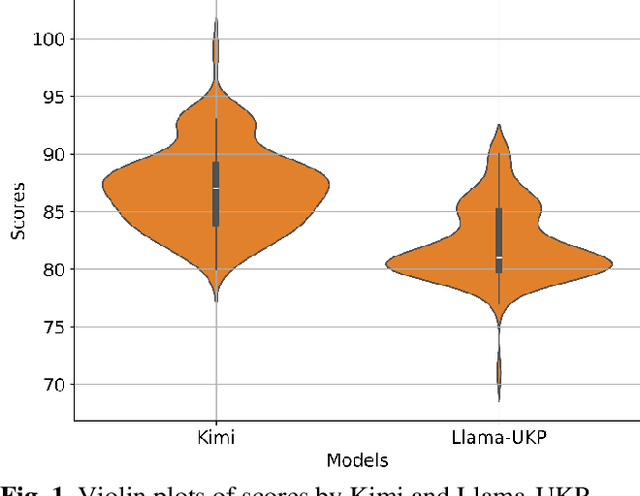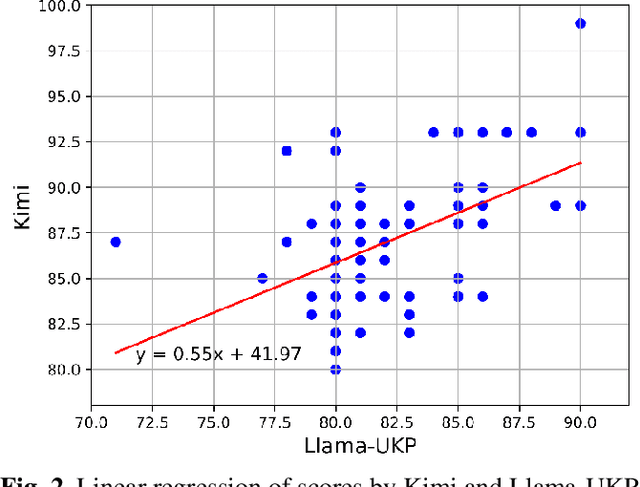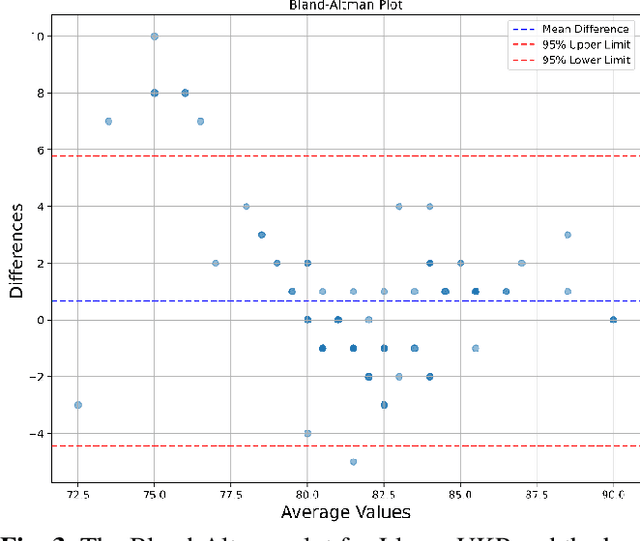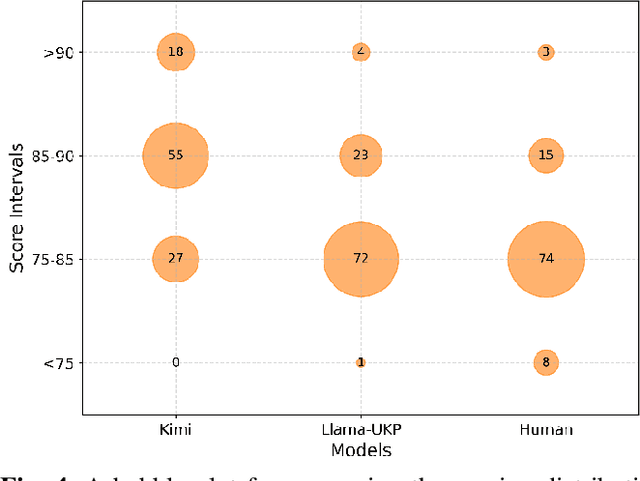Jiazi Hu
An Exploration of Higher Education Course Evaluation by Large Language Models
Nov 03, 2024



Abstract:Course evaluation is a critical component in higher education pedagogy. It not only serves to identify limitations in existing course designs and provide a basis for curricular innovation, but also to offer quantitative insights for university administrative decision-making. Traditional evaluation methods, primarily comprising student surveys, instructor self-assessments, and expert reviews, often encounter challenges, including inherent subjectivity, feedback delays, inefficiencies, and limitations in addressing innovative teaching approaches. Recent advancements in large language models (LLMs) within artificial intelligence (AI) present promising new avenues for enhancing course evaluation processes. This study explores the application of LLMs in automated course evaluation from multiple perspectives and conducts rigorous experiments across 100 courses at a major university in China. The findings indicate that: (1) LLMs can be an effective tool for course evaluation; (2) their effectiveness is contingent upon appropriate fine-tuning and prompt engineering; and (3) LLM-generated evaluation results demonstrate a notable level of rationality and interpretability.
 Add to Chrome
Add to Chrome Add to Firefox
Add to Firefox Add to Edge
Add to Edge